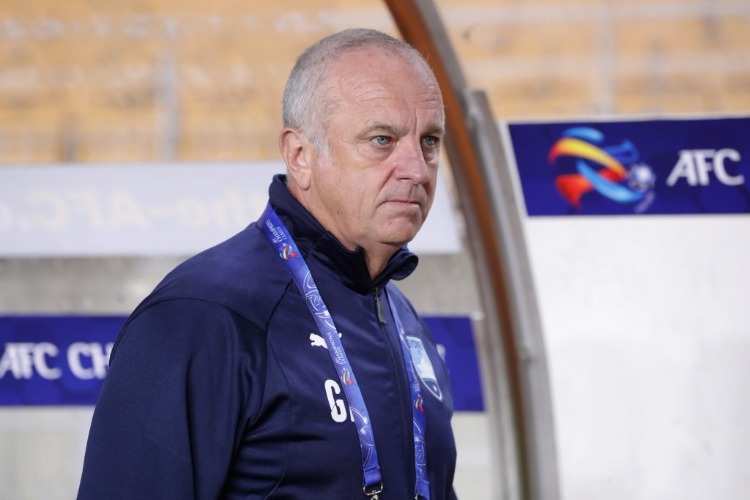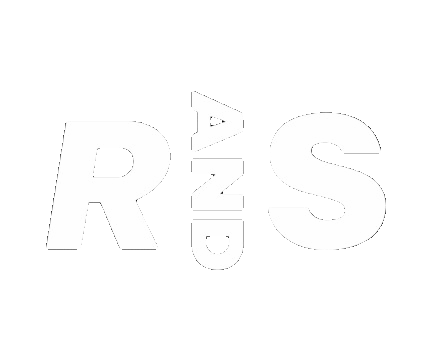3 minute read
Socceroos coach Graham Arnold has spearheaded a focus on caring for national team players' mental health during the COVID-19 pandemic.

When COVID-19 shut down football across the globe, Socceroos coach Graham Arnold knew maintaining his players' mental fitness would be as important as their physical conditioning.
That's why Arnold took immediate steps to ensure he and other national team coaches and support staff were aware of how to handle the mental challenges their players would be confronting away from the game, their teammates and, for some, their family and friends.
Working with FFA performance support expert Jackson Kupke, Arnold arranged training for national team staff with psychologists at the Australian Institute of Sport (AIS) six weeks ago.
The institute's mental health referral network was also extended, allowing players from multiple Australian national football teams including the Socceroos, Matildas and Olyroos access.
The network is also being offered to family and friends of players.
Arnold says with many players left on their own during the lockdown as support staff from their clubs were stood down, it had been a big part of national team staff to fill the breach.
"All elite sportsmen love routine and when you take routine away, it can be scary for some boys and girls who haven't been told on how to adapt," Arnold told AAP.
"Whichever way the mind goes the rest will follow.
"It's about just talking to them about what are their issues and they can range from different things to a player being off-contract to a player, for example, all of a sudden they aren't used to being at home with their kids because they're out training and away and all of a sudden at home all the time.
"Those type of things can be viewed negatively, but you look at the positives and the positive is they're getting so much great time to spend with their children at a very young age and doing something different to what they normally would do.
"It's a great lesson for further down in life."
Arnold says his role had to adapt to a more father-figure approach as tactics and training took a back seat to ensuring players were looking after their mental health.
That approach was evident when Arnold organised a video conference with Socceroos squad members last month and told them the shutdown was akin to an early exposure to retirement.
"You're in the dressing room, you've got a heap of mates around you," Arnold said.
"You have great banter. You train and you travel together. You work hard, you play football together but the day you retire that's all taken away. It's all not there any more.
"How great is our life? To play the best sport in the world, to play at the highest level, and it's your job. How great is that?
"So when you go back to football the energy will go through the roof and enjoy every moment of playing, because you can't play forever."
Arnold also made efforts to reassure his Olyroos squad after the Olympics were postponed until 2021, telling the players their opportunity to represent Australia at a Games wasn't gone - just delayed for 12 months.
"Even their parents maybe don't understand what an elite sportsman is going through in this time with no training and no adrenaline and no games," he said.
"The AIS made that message very clear to us that that's what it was mainly all about."
The FFA's proactive approach to the potential issue drew praise from AIS mental health manager Matt Butterworth, who said symptoms of depression and anxiety were likely to be experienced by almost all aspects of the population during such an uncertain time.
Butterworth said it made sense to have coaches and support staff trained and aware of how to handle potential mental health situations.
"The key thing that we did say to them was, look, you will know your athletes and your colleagues better than my team will or anything like that," Butterworth told AAP.
"Most people will get a sense of if someone's doing okay like they normally are or if they're starting to struggle. If you've got a relationship with people we tend to know at an intuitive level, 'hey, there's something not quite right here and I don't think they're doing too well'.
"With that in mind the key things that we put in front of them was, if that's in your mind it's absolutely fine to ask that person how are you going? With that in mind too, you can look within your sport if you've got key people you can go to."
Butterworth said it had made sense to extend the network to family and friends of athletes as well, who will also be facing challenges during the pandemic.
"They're a natural support network for someone," Butterworth told AAP.
"They're going to be supporting people anyway so if you can give them skills, that's half the job done from a mental wellbeing point of view.
"That would reduce the need for people to access a clinical service too if their natural support network knows how to support them as well."





